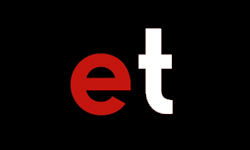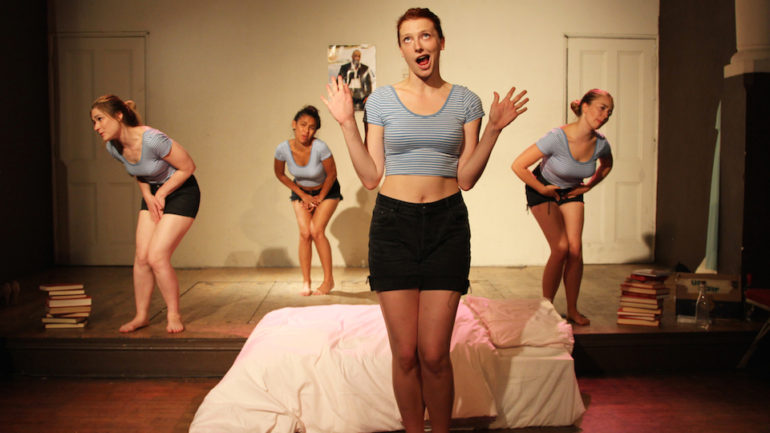The Female Role Model Project, Bedlam Theatre – Review
A sociological and neuroscientific demonstration that tries to unearth the specifics of female role models and how their perception is reflected by the functions of our brain.summary
Rating
Good
There’s a lot to take from the work of US-based company Transforma Theatre. Their latest project, described as “a scientifically enhanced multimedia devised theatre piece”, explores the dynamics behind female role models, how we choose them and how our brains respond to stimuli associated with thinking and talking about them.
Meggan Dodd, Tjaša Ferme, Gina Simone Pemberton and Yiqing Zhao are four female-identified artists. The four are of varying ages, race, ethnicity and sexuality. They start by introducing themselves and talking about their background, sexual orientation and favourite female role models.
There’s an element of interaction throughout the show, either involving the whole audience or encouraging, rather than imposing, individuals to take part. I volunteered to go on stage, equipped with a portable EEG headset. I had to define the concept of beauty by picking the body features that I found beautiful; breast size, legs, height, build, skin colour.
The neural responses collected by the headsets are transformed in real time into an audio-visual output and projected on the backwall. A special device designed by Justin Mathews translates the brainwaves into sounds, whilst a colourful pattern designed by John J.A. Jannone constitutes its visual counterpart. The data is then analysed on stage by Radha Kumari, a bio medical engineer and PhD student. Her commentary is fascinating but cryptic. Her fast-paced delivery of scientific concepts without simultaneous visual examples doesn’t allow us to savour the full spectrum of this wonderful branch of studies.
In another sequence, the performers become four little girls who are introduced to womanhood in episodes that go from the awkward to the horrific. Then they become Kim Kardashian, Melania Trump, Oprah Winfrey and BingBing Fan – four questionable but very popular female role models. The audience is invited to ask them questions about their views on sexuality, motherhood and career.
With so much happening in ninety minutes, the performance never quite comes together, neither does it follow a streamlined agenda. Nonetheless, I’d love to see this pioneering theatrical experiment again in the future, to see what direction it takes. Equally, I’d recommend anyone to look out for any of the company’s works, what Transforma Theatre are doing is the vanguard of performing arts.
Created by: Tjaša Ferme
Developed with and Directed by: Ana Margineanu
Composer and Sound Engineer: Justin Mathews
Producer: Transforma Theatre Inc
Box Office: +44 (0)131 226 0000
Booking Link: https://tickets.edfringe.com/whats-on/female-role-model-project
Booking Until: 25 August 2019







